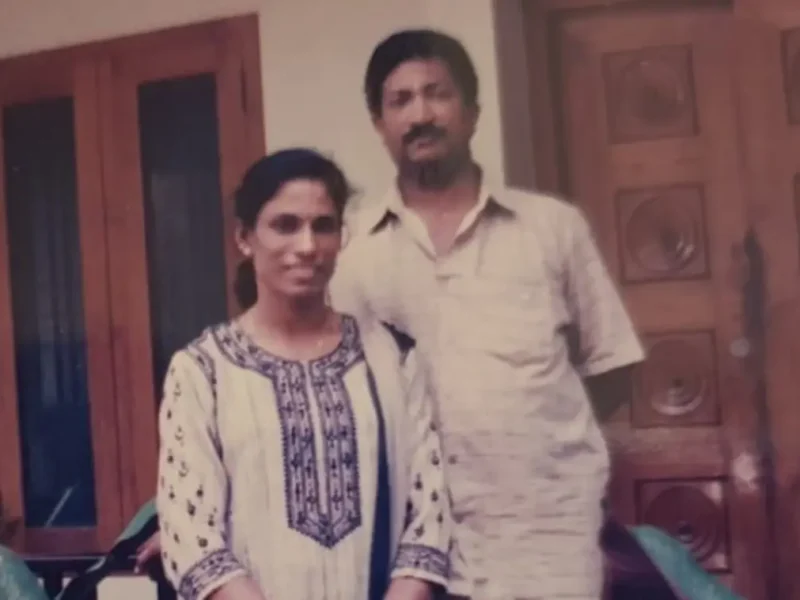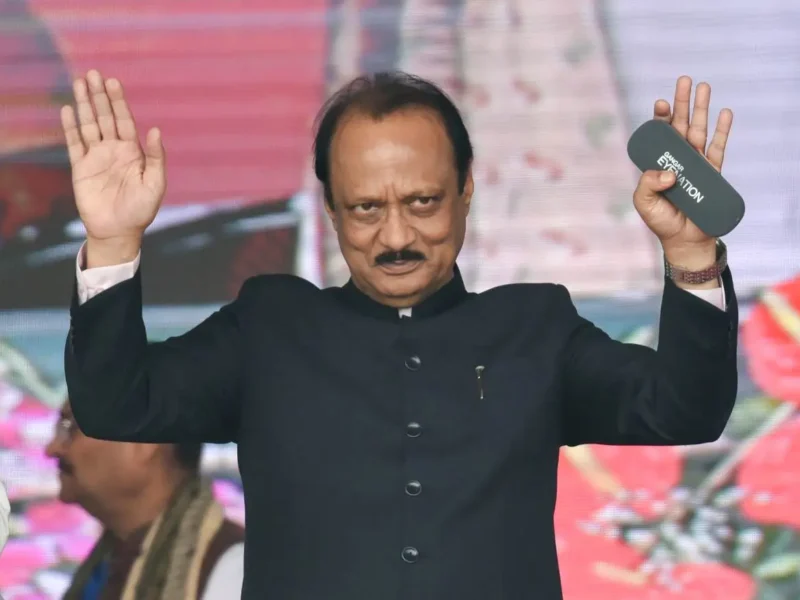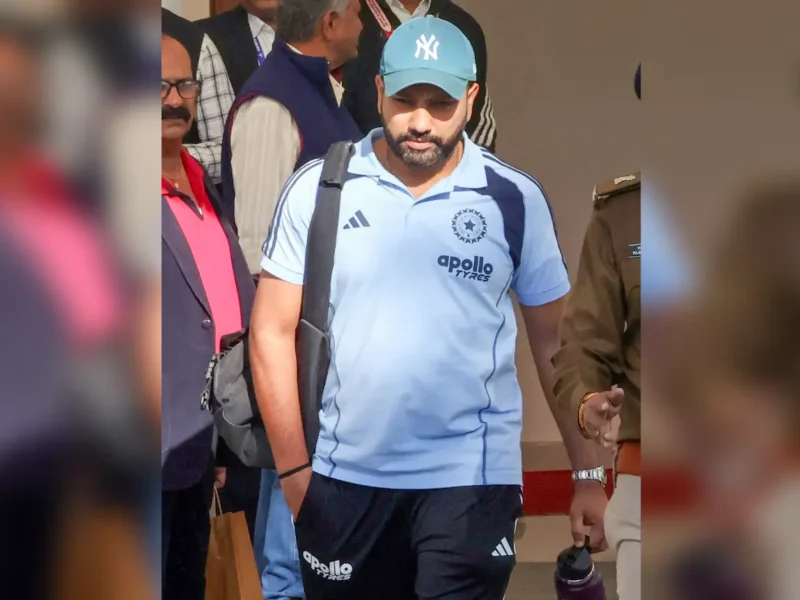
EPA Names Indian American Students Among Recipients of President’s Environmental Youth Awards
Sri Nihal Tammana was one of the Indian American winners of the President’s Environmental Youth Award for his project, “Recycle My Battery,” in the grade 6 through 12 category. (recyclemybattery.org photo)
India-West Staff Reporter
The U.S. Environmental Protection Agency, in partnership with the White House Council on Environmental Quality, Aug. 12 announced the 2020 recipients of the Presidential Innovation Award for Environmental Educators and the President’s Environmental Youth Award.
Among the PEYA winners were Sri Nihal Tammana for the project “Recycle My Battery” in the grade 6 through 12 category for Region 2; Sanuthi N. Henkanaththegedara in Region 3’s K-5 category for the “Lake Barga Biodiversity Project”; and Hiya Shah for “Maji – Water Education and Security” in the 6-12 Region 9 category.
No Indian Americans were named as PIAEE winners.
“This past school year has been one of the most challenging for our nation, yet students and teachers across the country remained dedicated to tackling the most pressing environmental challenges we face – from climate change to environmental justice,” said EPA Administrator Michael S. Regan. “I’m so proud of the remarkable youth and educators we’re honoring today, and their work to make a difference in their communities. By working hand in hand, we can create a more sustainable, more equitable world.”
Tammana, a middle school student in Edison, New Jersey, created a public awareness and collection campaign focused on helping people recycle all types of batteries based on his desire to bring about a radical change in the way people think and act in respect to used batteries, according to an epa.gov press release. He started a non-profit organization and website, Recycle My Battery (https://recyclemybattery.org), which members of his community use as a resource to find collection sites for battery recycling. Partnering with Call2Recycle, a national battery recycling organization, Tammana set up certified battery collection bins at schools, libraries, and community centers in his community to make it easy for people to drop off used batteries. Recycle My Battery also provides two-way priority shipping free of charge to public and private organizations. To date, he has collected and recycled more than 55,000 used batteries and educated more than 400,000 adults and kids on the importance of and need to properly recycle used batteries. He also successfully created a network of more than 60 youth to help meet his goal of bringing down to zero the 15 billion batteries that are thrown in the trash every year
Henkanaththegedara is a 3rd grade student at Clover Hill Elementary School in Midlothian, Virginia. Her “Lake Barga Biodiversity Project” refers to one of nine ponds located in the Albright Scout Reservation, a 568-acre camp located in Virginia with extensive hiking trails, ponds, and campgrounds.
During the summer of 2020, the youngster helped Dr. Tom McKee make a video documentary about the reservation where she has explored many habitats, plants, and animals.
Her project has helped educate other Cub Scouts, their families, and the public about the biodiversity at the Lake Barga area and the need of biodiversity conservation.
Shah, an 11th grade student from Pleasanton, California, developed a project called, “Maji-Water Education and Security.” This project helps make real-time water quality information accessible to promote civilian and municipality proactiveness to conserve water, prevent water pollution, and secure clean water access to communities, said epa.gov. She developed a water conservation community education project that includes a youth-led outreach campaign and a full-length documentary. The documentary was presented on local TV to educate city leaders, businesses, and residents about the Bay Area’s water shortage and to persuade them to conserve water, resulting in the initiation of a youth-led Climate Plan in Pleasanton.
The City of Pleasanton recently discovered high levels of per- and polyfluoroalkyl contaminants in some of the city’s groundwater wells and has been working to address that. Shah designed an environmentally friendly, bio-inspired PFAS removal and filtration system to reduce energy requirements. The filter syncs to Hiya’s mobile app, called Maji, to relay PFAS removal data as well.
The PEYA was established by the Environmental Education Act of 1970 and recognizes outstanding community-level environmental projects by K-12 youth that promote awareness of natural resources and encourages positive community involvement.
Each year, PEYA honors a variety of local projects developed by students, school classes, summer camp attendees and youth organizations to promote engagement in environmental stewardship and protection.
From across the country, 15 educators and 32 students are recognized for their leadership and commitment to environmental education and environmental stewardship.
This year, five educators received the 2021 PIAEE, and 10 educators were recognized with an honorable mention distinction.
Additionally, 32 students who worked as a team or individually on 16 projects received the President’s Environmental Youth Award; 14 students received honorable mentions. Their stewardship projects, conducted in 2020, display a commitment to participating in creative sustainability efforts, restoring native habitats, and installing renewable energy projects.



